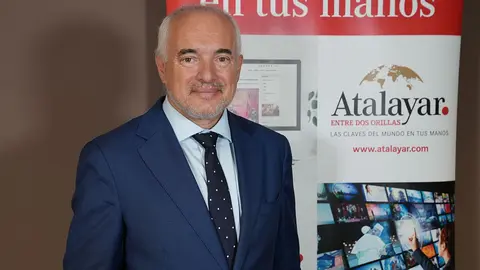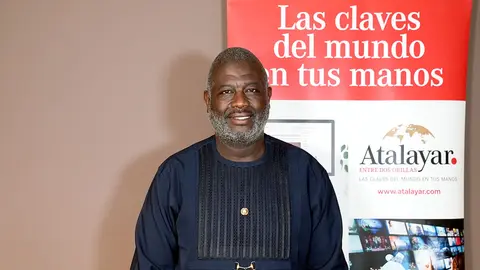"Everyone wants to invest in Africa because of its resources, its youth and its productivity"
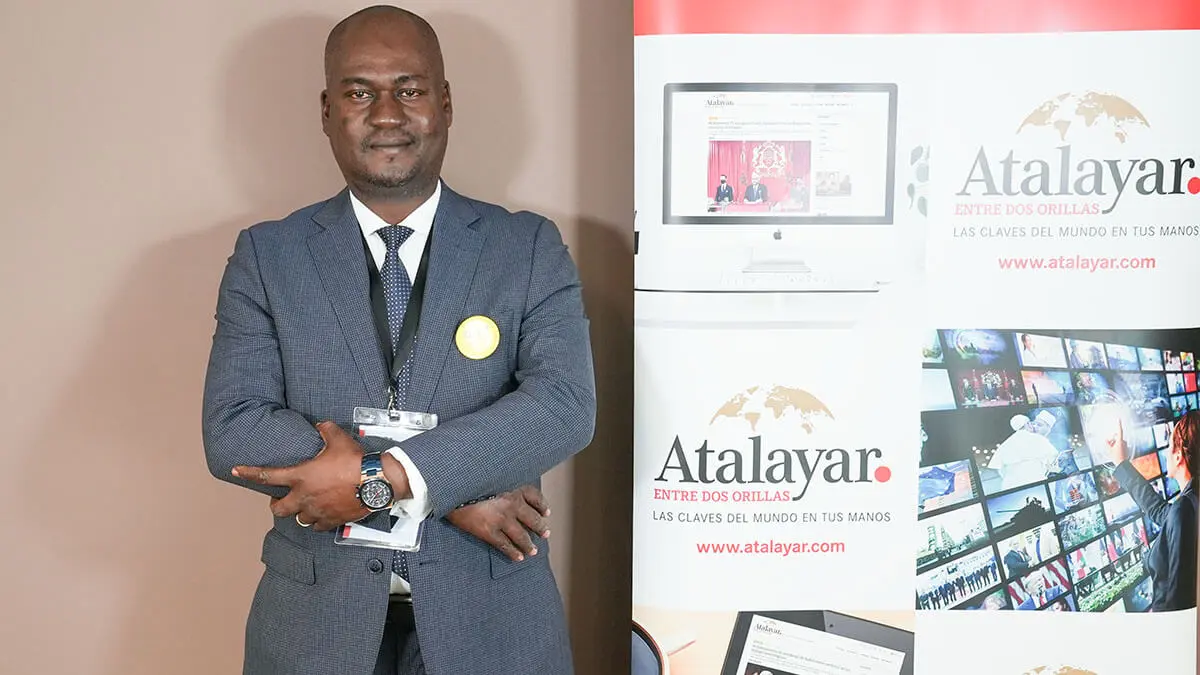
Barcelona hosted the second edition of the Africa Spain Business Summit to analyse the commercial and economic relationship between Africa and Spain.
Côte d'Ivoire was one of the countries that played a leading role in the second edition of this Spanish-African summit. Jean-Pascal Boah, senior executive of the Ivorian Ministry of Housing, was one of the representatives on the panel dedicated to the processing industries.
Last year, at this time, we had the opportunity to have an interview with Minister Nabagne Koné at the first edition of this Spanish-African Business Summit, which was held in Madrid. Now we are in Barcelona for the second edition. What progress do you think has been made this year and what does it mean for trade relations between Europe and Africa to consolidate an event like the Africa Spain Business Summit?
First of all, I would like to thank One Africa for the opportunity it gives African leaders to meet their Spanish counterparts and African companies to establish contacts and strengthen collaboration with the countries on the other side of the Mediterranean, especially Spain.
After the first edition, which was held in Madrid in 2023, a lot of commitment was made. And today, the presence of the Ministry of Housing and Urban Planning, headed by Minister Nabagne Koné, who unfortunately could not attend, is the sign of what we believe: that the bridge between Africa and Spain is a bridge that needs to be built. We have a natural border, the Mediterranean, where, unfortunately, many of our young people who are looking for solutions are getting lost. And this is a message for our States, for our organisations, for the private sector: we must build a development link instead of letting the opportunities that exist in different parts of our planet remain unknown and ineffective. In short, Africa today is a continent which, for ten years, has had a fairly steady growth rate. Moreover, despite the health crises, despite the conflicts the world is going through, Africa is still productive. It has young people who can contribute a lot to development, it has opportunities in various sectors, particularly in the real estate sector.
In Côte d'Ivoire, for example, 800,000 houses need to be built in Abidjan, there is a huge investment that needs to be mobilised, and this is an opportunity that is being presented today to our partners here in Spain.
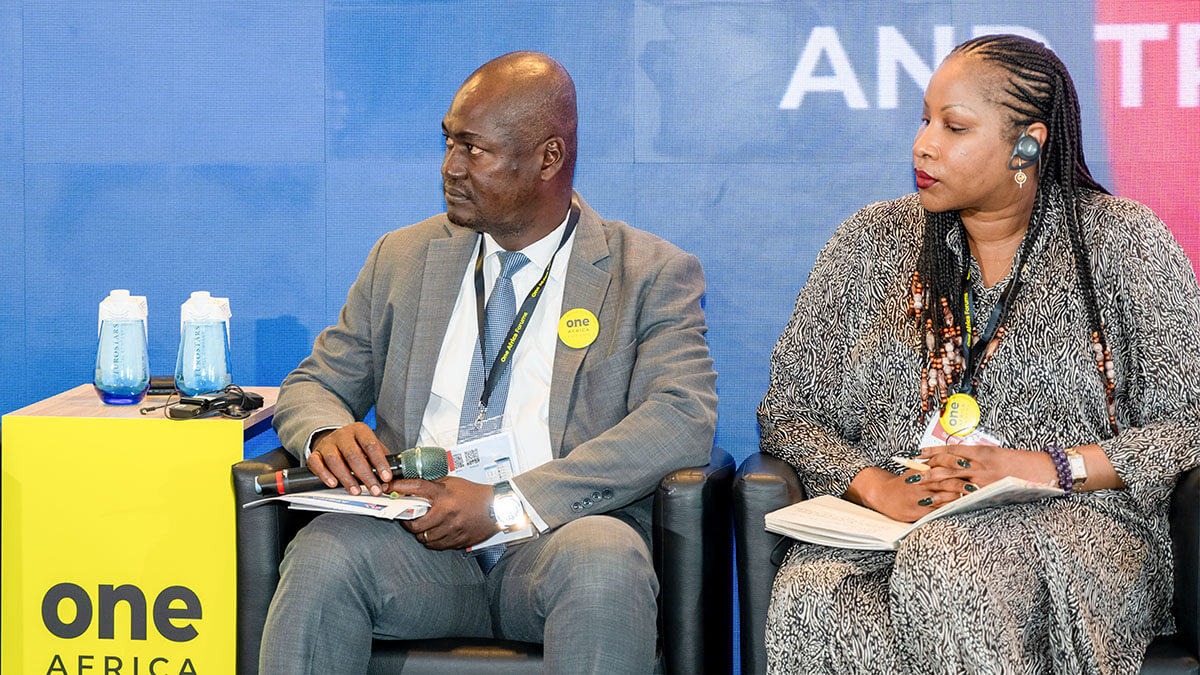
Your government is implementing an ambitious housing construction plan to respond to the growing needs of the Ivorian population. What is the state of implementation of this plan?
As I said before, we have a deficit of 800,000 housing units in Abidjan, and a little more in the country's big cities. And the government, precisely, through the Ministry of Housing and Urban Development, has launched a major programme, which is the presidential emergency programme for socio-economic housing.
A few days ago, the Prime Minister, Mr Robert Beugré-Mambé, launched 25,000 housing units for rent and for sale. This is a practice that existed years ago and today we have returned to this format to allow disadvantaged and low-income populations to be housed in dignity. This is just one part of a programme that aims to build 125,000 homes.
What role does foreign investment play in the real estate sector in Côte d'Ivoire? Is there an increased presence of European construction companies in Côte d'Ivoire?
At the time of the implementation of this project, there are many applications, many of them from local companies. We have noticed that their capacities are not strong enough to cover all the needs and this sector is open to all African competences.
I will take this opportunity to advertise a little: there are groups such as the Moroccan group Addoha, which is involved with a good capacity for realisation. There are also Japanese, Turkish and English builders who are knocking on our door today. I think there are Spaniards, but they are not sufficiently representative. And this is an opportunity to invite them, to call them, to get them to come and participate in the market when we know that Spain is a country where construction is well mastered.
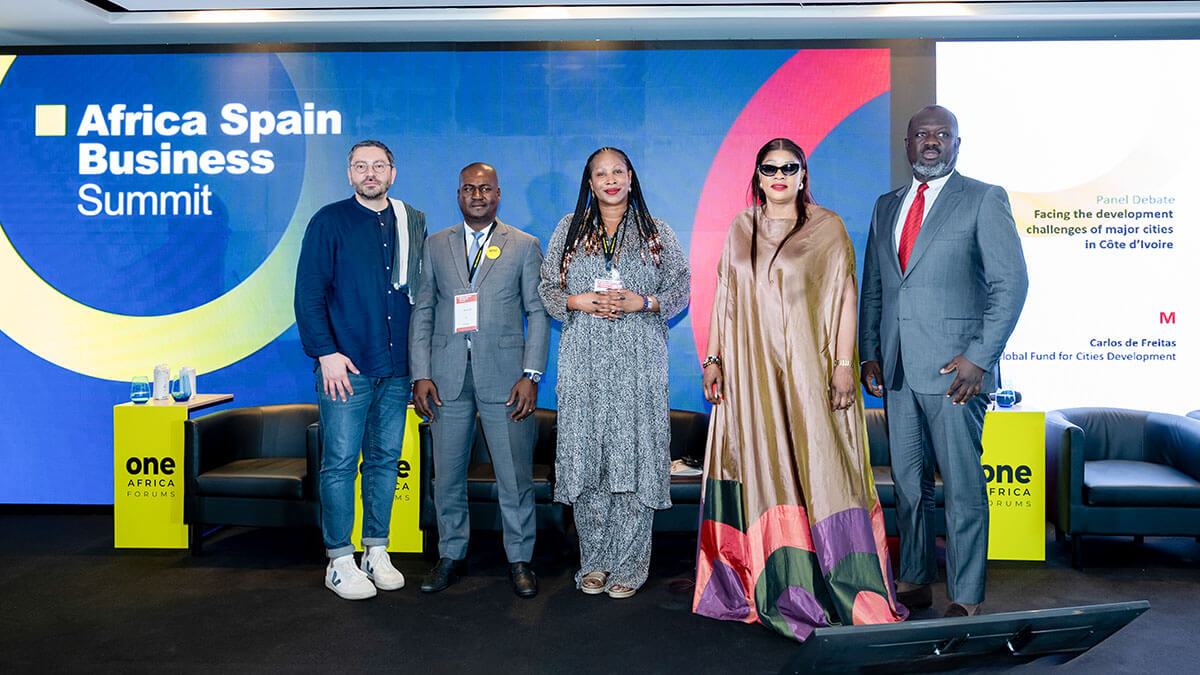
Do you think that some of the obstacles that prevented European businessmen and investors from supporting countries like Côte d'Ivoire have been overcome?
Of course: there is much to be gained from this relationship. You will see that at the level of the Côte d'Ivoire delegation we have the director of the Investment Promotion Centre in Côte d'Ivoire, presenting the opportunities that Côte d'Ivoire offers in various sectors of development. And I think there is material to seduce the Spanish audience present. The private sector was also represented at the event because it knows it has opportunities. There is a market that is really important and we have to come and position ourselves in it. This is the same appeal launched by all the Ivorian participants at this summit.
What challenges remain in the coming years for European countries to make a firm commitment to African markets such as Côte d'Ivoire?
Today, the stakes must be met in a win-win partnership. Today, Africa presents itself as a partner of the world. Whether it is China, the United States or Europe, everyone wants to invest in Africa because it has its resources, its youth and its stability in terms of productivity.
However, we need to create a smarter partnership, a more innovative partnership, where we put people at the heart of development and where we provide sustainable solutions. On the other hand, what needs to be added today is that solutions have to be co-constructed. It is not about importing models that may have worked in other parts of Africa, but about adapting to African realities and making the most of what Africa offers to any partner that approaches it.


